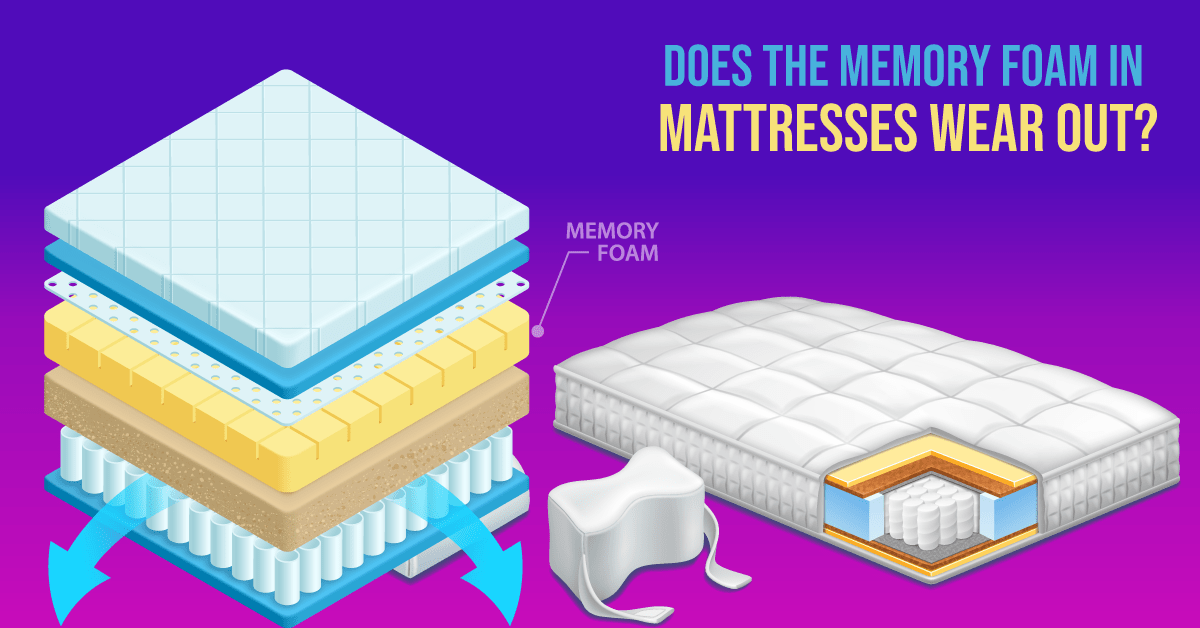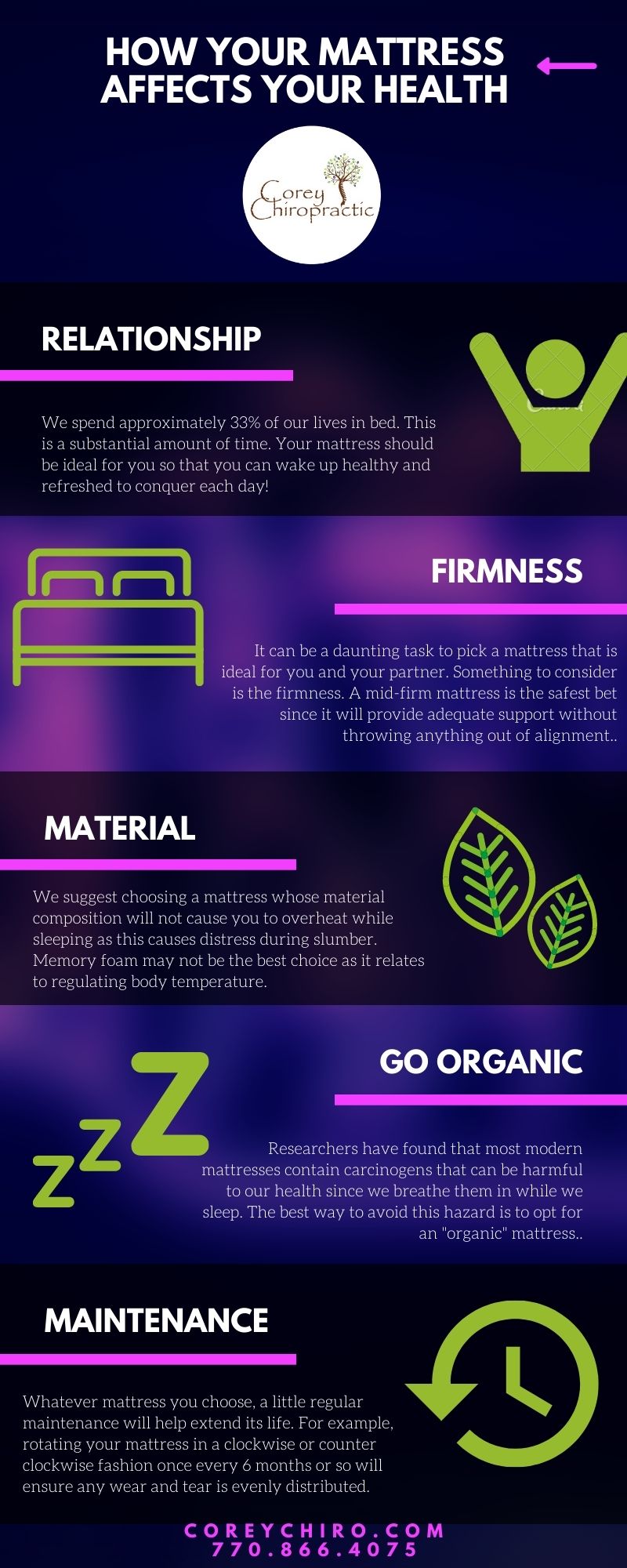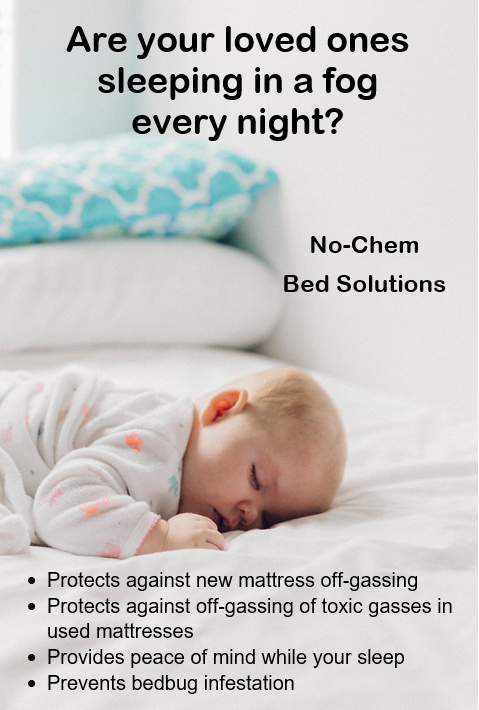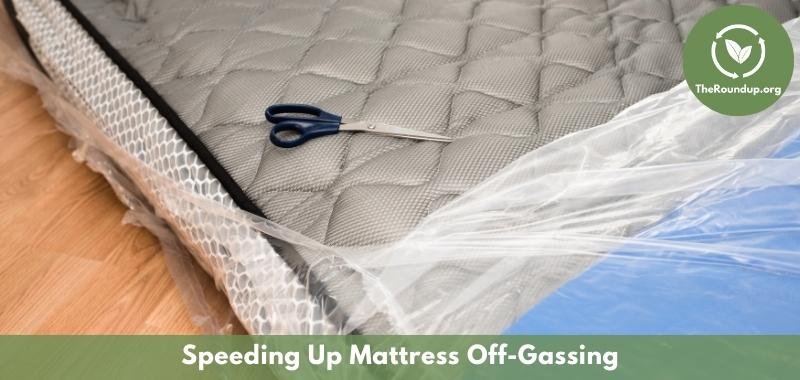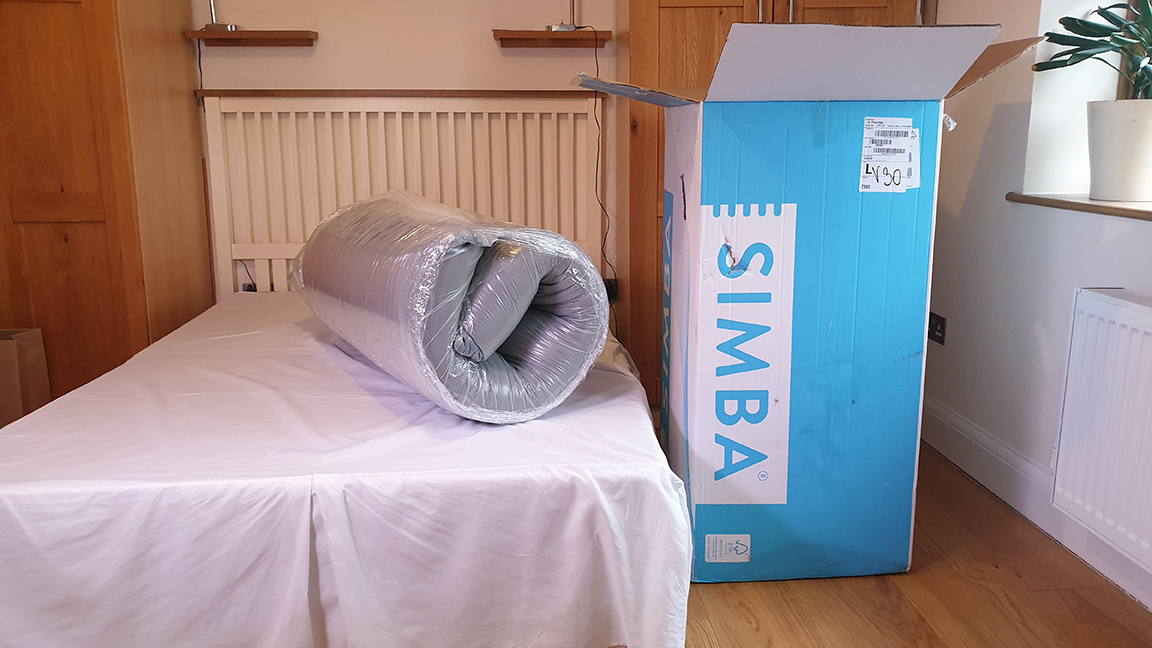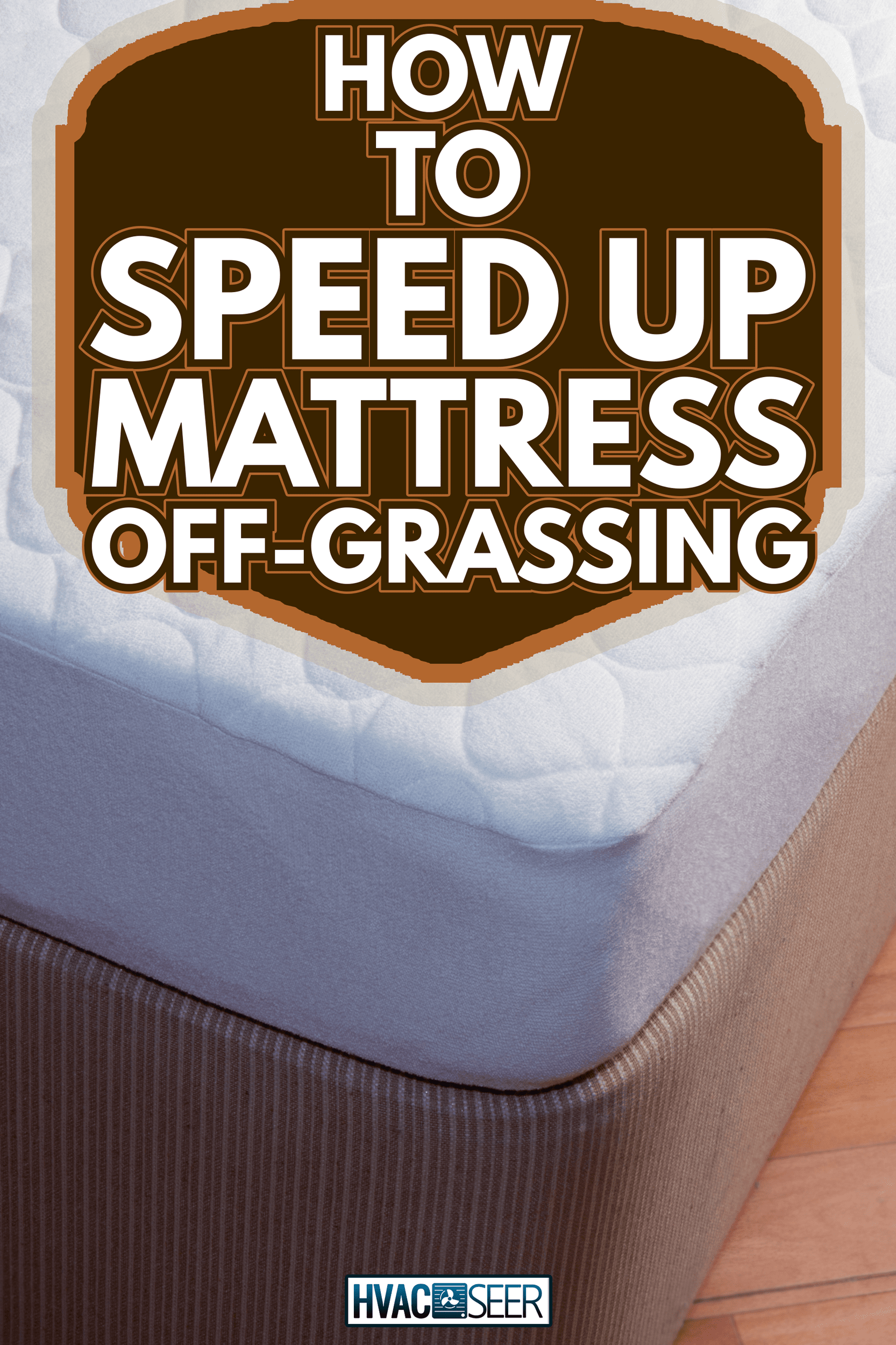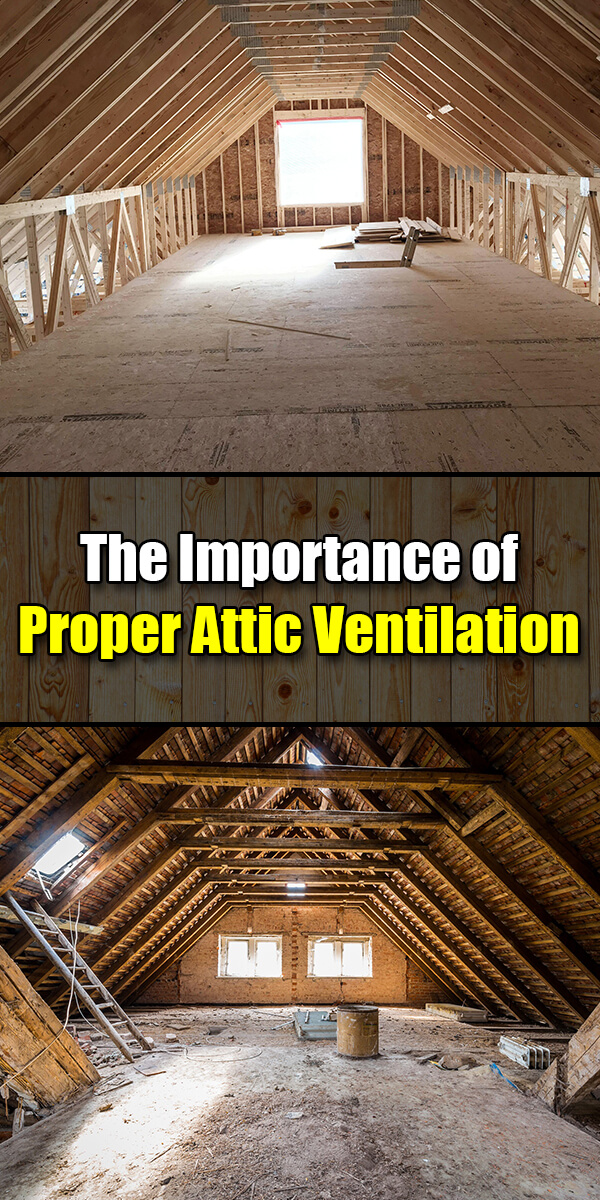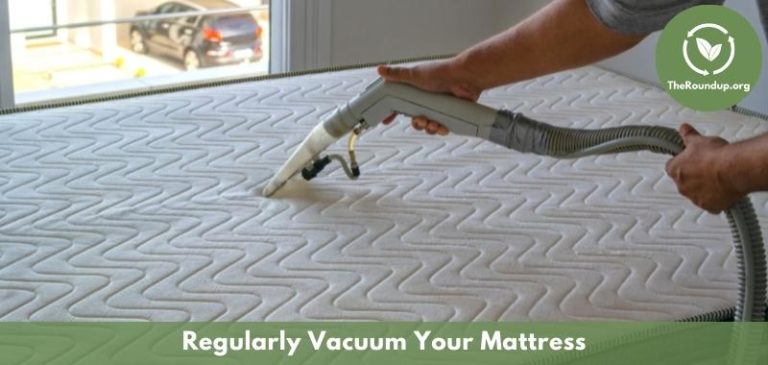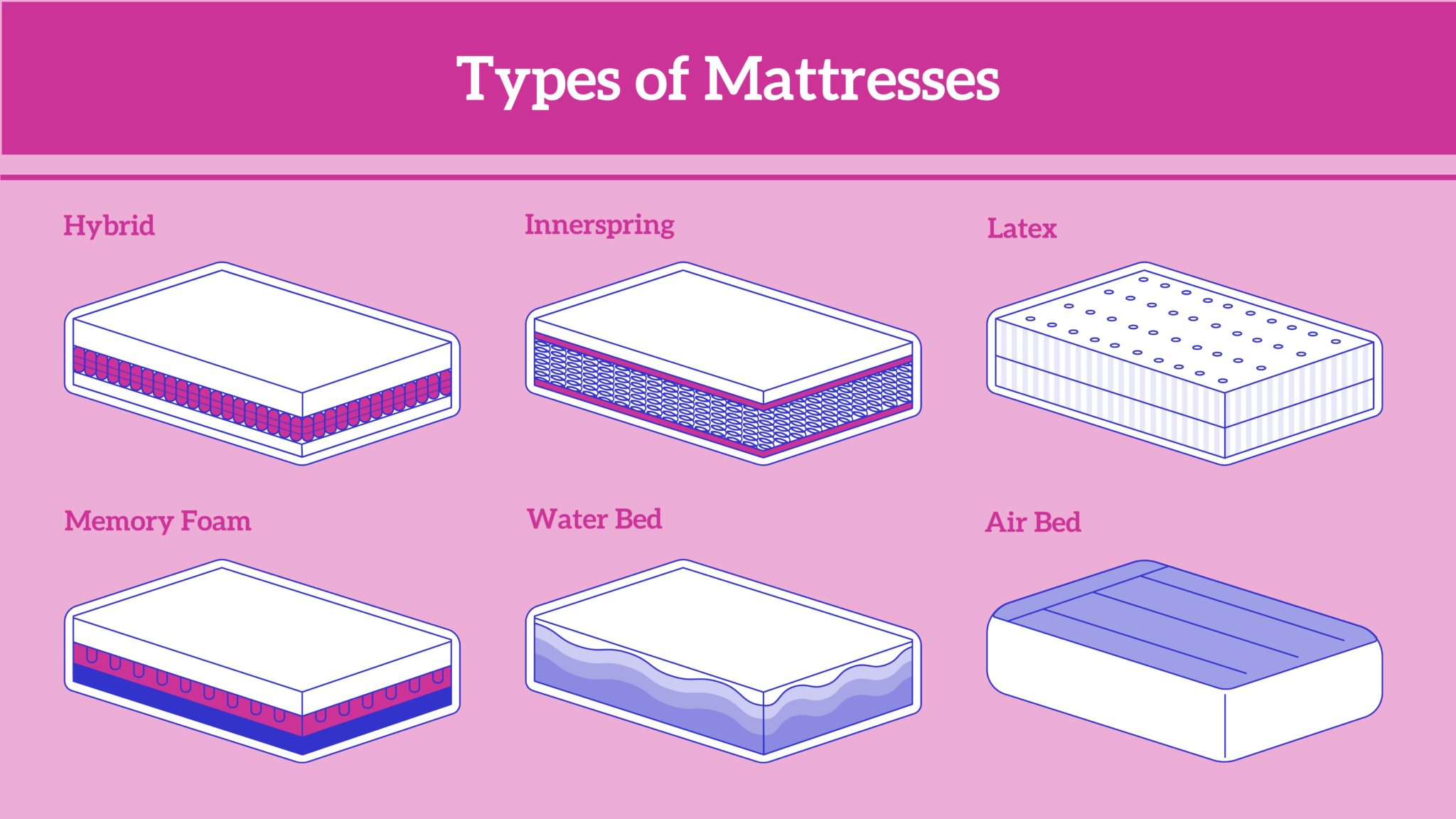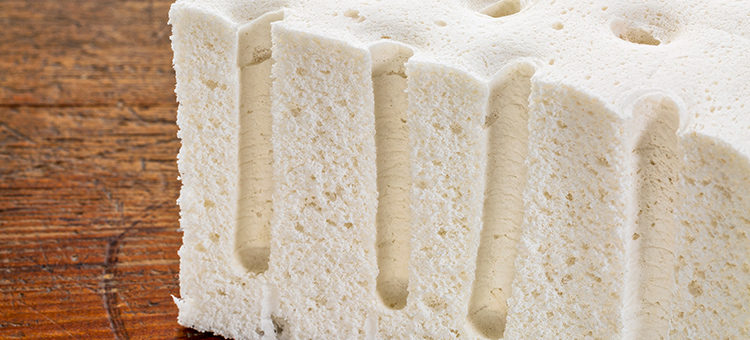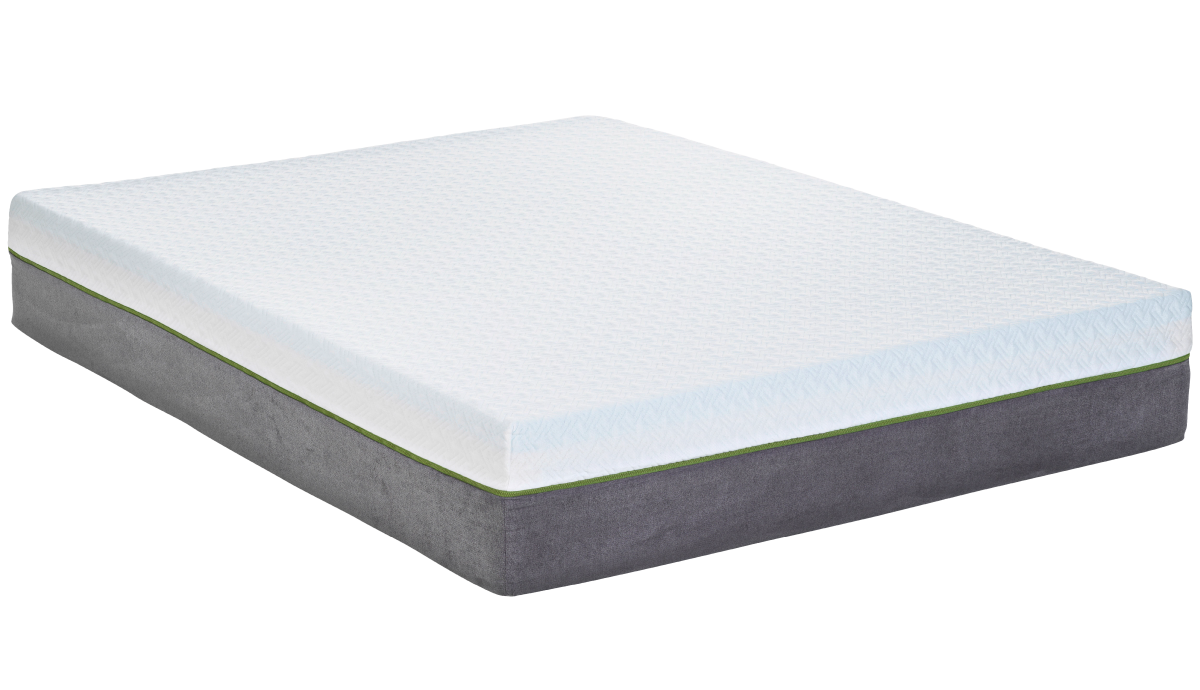If you're in the market for a new mattress, you may have heard about the phenomenon of foam mattress off-gassing. This is the process in which volatile organic compounds (VOCs) are released from the foam materials used in mattresses, causing a distinct smell. While off-gassing is a natural occurrence, it can cause some unpleasant reactions in certain individuals. Here's what you need to know about foam mattress off-gassing and how to choose a mattress that minimizes its effects.Foam Mattress Off-Gassing: What You Need to Know
If you're sensitive to strong odors or have respiratory issues, it's important to take steps to reduce the effects of foam mattress off-gassing. One option is to choose a mattress made with low-VOC materials, which will release fewer harmful chemicals into the air. You can also look for mattresses that are certified by organizations like CertiPUR-US or Greenguard, which have strict standards for low-VOC emissions. Additionally, airing out your mattress in a well-ventilated room for a few days can help to dissipate any lingering odors.How to Reduce the Effects of Foam Mattress Off-Gassing
While foam mattress off-gassing is a normal process, it's important to understand the potential dangers associated with it. The VOCs released during off-gassing can contribute to indoor air pollution and may cause health issues, including headaches, dizziness, and respiratory irritation. Long-term exposure to high levels of VOCs has also been linked to more serious health concerns, such as organ damage and cancer. It's important to be aware of these risks and take steps to minimize them when purchasing a foam mattress.Understanding the Dangers of Foam Mattress Off-Gassing
When shopping for a foam mattress, there are a few key things to look for to ensure you're choosing a low-VOC option. First, look for mattresses made with natural or plant-based foams, which tend to have lower VOC emissions than traditional petroleum-based foams. You can also check for certifications from reputable organizations like CertiPUR-US or Greenguard, which indicate that the mattress has been tested for low-VOC emissions. Additionally, look for mattresses that are labeled as "low-VOC" or "zero-VOC" to ensure you're getting a product with minimal off-gassing potential.Tips for Choosing a Low-VOC Foam Mattress
If you're concerned about the potential dangers of foam mattress off-gassing, there are natural alternatives available. Latex mattresses, for example, are made from natural rubber and have minimal off-gassing potential. They also tend to have a longer lifespan than foam mattresses, making them a more sustainable choice. Another option is to choose a mattress made from organic materials, such as organic cotton or wool. These mattresses are free from synthetic materials and chemicals, making them a healthier option for those with sensitivities.Natural Alternatives to Foam Mattresses
While the long-term effects of foam mattress off-gassing are still being studied, there is evidence to suggest a link between off-gassing and certain health issues. As mentioned before, VOCs released during off-gassing can contribute to indoor air pollution, which can cause respiratory irritation and other health concerns. Some studies have also shown a potential link between long-term exposure to high levels of VOCs and more serious health issues, such as cancer. It's important to be aware of these potential risks and take steps to minimize them when choosing a mattress.The Link Between Foam Mattress Off-Gassing and Health Issues
If you've already purchased a foam mattress and are concerned about off-gassing, there are ways to test for VOC emissions in your mattress. One option is to use a home air quality testing kit, which can detect the presence and levels of VOCs in your bedroom. You can also contact the manufacturer of your mattress to request information about the materials and chemicals used in its production. If you find that your mattress has high levels of VOCs, it may be time to consider replacing it with a low-VOC or natural alternative.How to Test for Off-Gassing in Your Foam Mattress
For some individuals, foam mattress off-gassing can trigger extreme reactions, including difficulty breathing, nausea, and skin irritation. If you experience these symptoms, it's important to consult with a healthcare professional to determine the best course of action. In the meantime, you may need to avoid sleeping on the mattress until the off-gassing subsides or consider switching to a different type of mattress. It's also important to properly ventilate your bedroom and avoid using other products with high levels of VOCs, such as air fresheners or scented candles.Dealing with Extreme Reactions to Foam Mattress Off-Gassing
One of the most effective ways to reduce the effects of foam mattress off-gassing is to ensure proper ventilation in your bedroom. This means opening windows and using fans to circulate fresh air throughout the room. You can also use a high-quality air purifier to help filter out any harmful VOCs. Additionally, avoid storing items under or on top of your mattress, as this can limit air circulation and trap any off-gassing chemicals.The Importance of Proper Ventilation for Foam Mattress Off-Gassing
To fully understand foam mattress off-gassing, it's important to know about the chemicals used in the production of foam mattresses. The most common types of foam used in mattresses are polyurethane foam and memory foam, both of which are made from petroleum-based chemicals. These materials can release VOCs during the manufacturing process and continue to off-gas after the mattress is brought into your home. By being aware of these chemicals, you can make more informed decisions when choosing a mattress and take steps to minimize the effects of off-gassing.Understanding the Chemicals Used in Foam Mattresses
Understanding the Causes of Extreme Reactions to Foam Mattress Off-Gassing

What is Foam Mattress Off-Gassing?
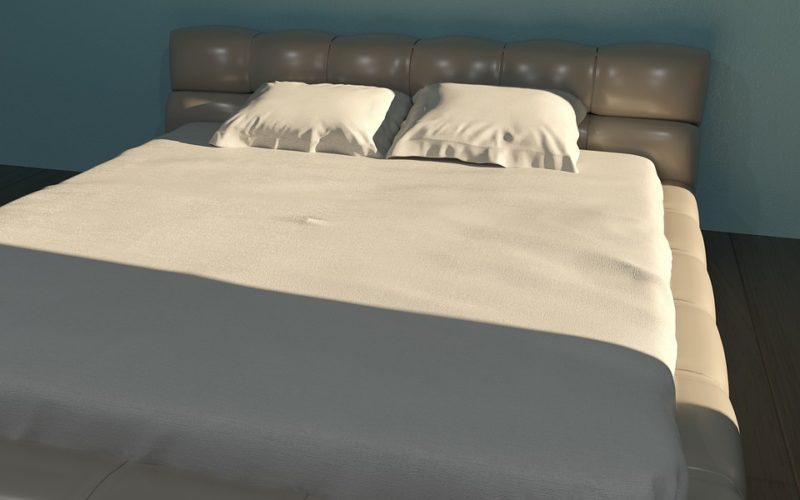 Foam mattress off-gassing occurs when the chemicals used in the production of foam mattresses release volatile organic compounds (VOCs) into the air. These VOCs can include chemicals such as formaldehyde, benzene, and toluene, which are known to have adverse effects on human health. When exposed to these chemicals, individuals may experience a range of symptoms, from minor irritations to severe reactions.
Foam mattress off-gassing occurs when the chemicals used in the production of foam mattresses release volatile organic compounds (VOCs) into the air. These VOCs can include chemicals such as formaldehyde, benzene, and toluene, which are known to have adverse effects on human health. When exposed to these chemicals, individuals may experience a range of symptoms, from minor irritations to severe reactions.
Why Do Some People Have Extreme Reactions?
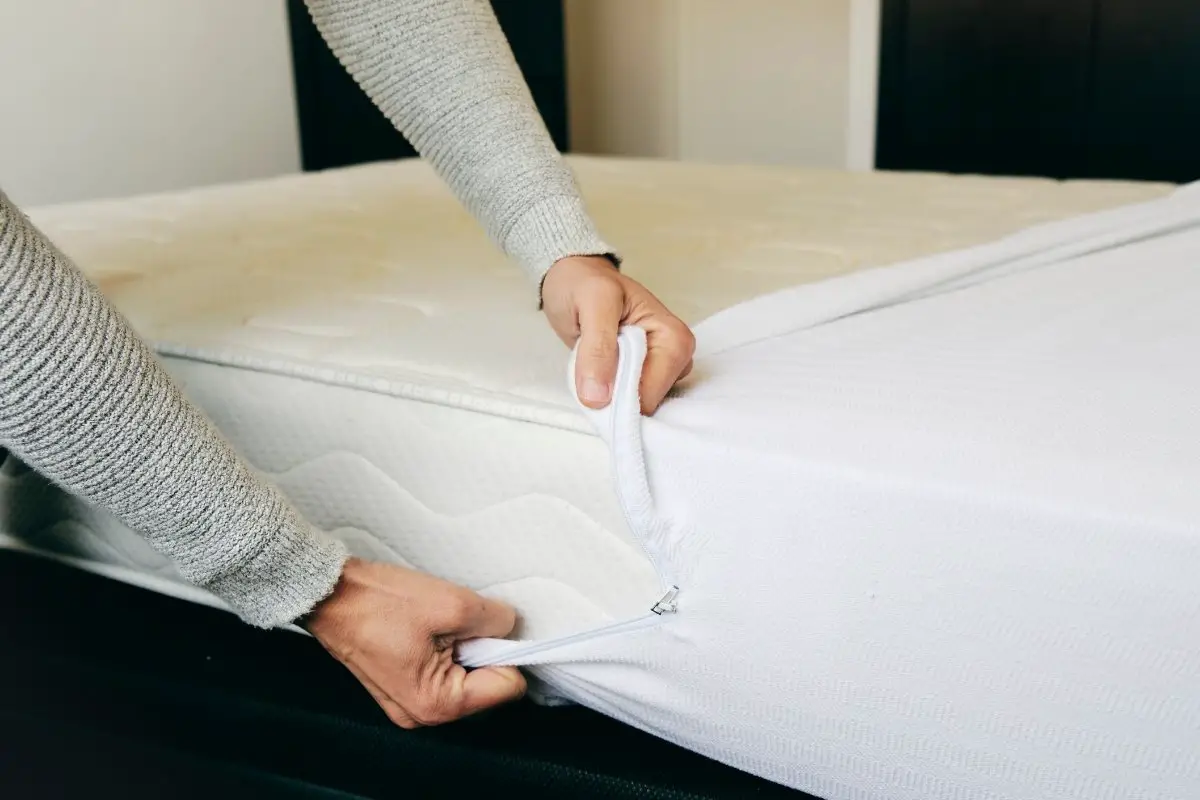 While most people may not experience any noticeable symptoms from foam mattress off-gassing, some individuals may have extreme reactions. There are several reasons why this might happen:
1. Sensitivity to Chemicals
Some people may have a heightened sensitivity to the chemicals used in foam mattresses. This can be due to a pre-existing medical condition or simply a genetic predisposition. These individuals may experience more severe symptoms when exposed to off-gassing chemicals.
2. Length of Exposure
The length of time a person is exposed to off-gassing chemicals can also play a role in the severity of their reaction. Long-term exposure, such as spending several hours sleeping on a new foam mattress, can increase the likelihood of experiencing extreme reactions.
3. Poor Ventilation
Another factor that can contribute to extreme reactions to foam mattress off-gassing is poor ventilation. When there is inadequate airflow in a room, the concentration of off-gassing chemicals can become more concentrated and lead to more severe symptoms.
While most people may not experience any noticeable symptoms from foam mattress off-gassing, some individuals may have extreme reactions. There are several reasons why this might happen:
1. Sensitivity to Chemicals
Some people may have a heightened sensitivity to the chemicals used in foam mattresses. This can be due to a pre-existing medical condition or simply a genetic predisposition. These individuals may experience more severe symptoms when exposed to off-gassing chemicals.
2. Length of Exposure
The length of time a person is exposed to off-gassing chemicals can also play a role in the severity of their reaction. Long-term exposure, such as spending several hours sleeping on a new foam mattress, can increase the likelihood of experiencing extreme reactions.
3. Poor Ventilation
Another factor that can contribute to extreme reactions to foam mattress off-gassing is poor ventilation. When there is inadequate airflow in a room, the concentration of off-gassing chemicals can become more concentrated and lead to more severe symptoms.
What are the Symptoms of Extreme Reactions?
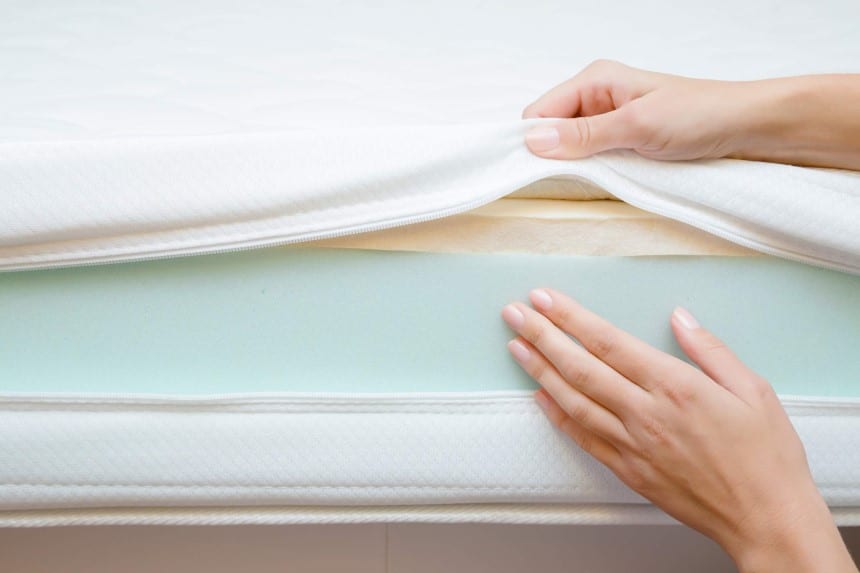 Extreme reactions to foam mattress off-gassing can manifest in a variety of ways, depending on the individual's sensitivity and exposure. Some common symptoms include:
1. Headaches and Dizziness
Headaches and dizziness are common symptoms of off-gassing exposure. These can be caused by inhaling the chemicals and can range from mild to severe.
2. Respiratory Issues
Individuals with respiratory issues, such as asthma or allergies, may experience more severe symptoms from off-gassing chemicals. This can include difficulty breathing, coughing, and chest tightness.
3. Skin Irritation
Off-gassing chemicals can also irritate the skin, causing rashes, hives, and itching. This is especially common in individuals with sensitive skin.
Extreme reactions to foam mattress off-gassing can manifest in a variety of ways, depending on the individual's sensitivity and exposure. Some common symptoms include:
1. Headaches and Dizziness
Headaches and dizziness are common symptoms of off-gassing exposure. These can be caused by inhaling the chemicals and can range from mild to severe.
2. Respiratory Issues
Individuals with respiratory issues, such as asthma or allergies, may experience more severe symptoms from off-gassing chemicals. This can include difficulty breathing, coughing, and chest tightness.
3. Skin Irritation
Off-gassing chemicals can also irritate the skin, causing rashes, hives, and itching. This is especially common in individuals with sensitive skin.
How to Avoid Extreme Reactions to Foam Mattress Off-Gassing
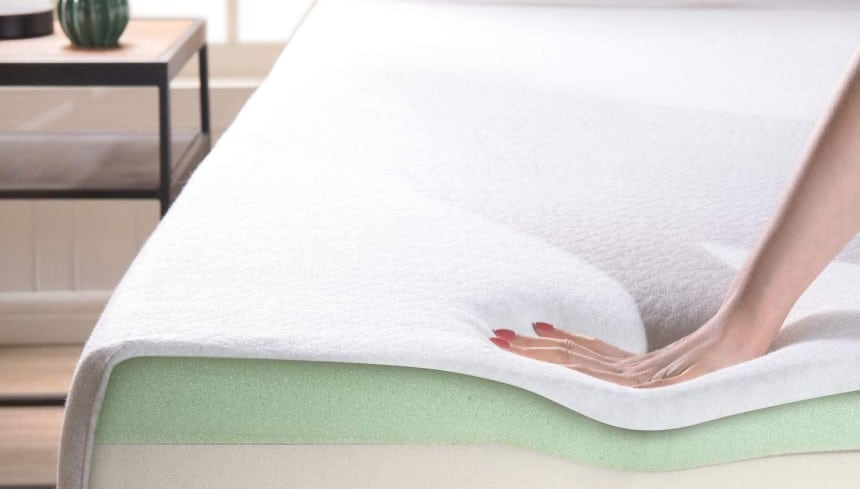 If you are concerned about experiencing extreme reactions to foam mattress off-gassing, there are steps you can take to minimize your exposure. These include:
1. Choose Low-VOC Mattresses
When purchasing a new foam mattress, look for options that are labeled as low-VOC or have been certified by organizations such as CertiPUR-US. These mattresses have been tested and found to have lower levels of off-gassing chemicals.
2. Air Out the Mattress
Before using a new foam mattress, it is recommended to air it out in a well-ventilated area for a few days. This will help to reduce the concentration of off-gassing chemicals and minimize your exposure.
3. Use a Mattress Cover
Using a mattress cover can act as a barrier between you and the off-gassing chemicals. Look for covers made from natural materials like cotton or bamboo, as these are less likely to contain harmful chemicals.
If you are concerned about experiencing extreme reactions to foam mattress off-gassing, there are steps you can take to minimize your exposure. These include:
1. Choose Low-VOC Mattresses
When purchasing a new foam mattress, look for options that are labeled as low-VOC or have been certified by organizations such as CertiPUR-US. These mattresses have been tested and found to have lower levels of off-gassing chemicals.
2. Air Out the Mattress
Before using a new foam mattress, it is recommended to air it out in a well-ventilated area for a few days. This will help to reduce the concentration of off-gassing chemicals and minimize your exposure.
3. Use a Mattress Cover
Using a mattress cover can act as a barrier between you and the off-gassing chemicals. Look for covers made from natural materials like cotton or bamboo, as these are less likely to contain harmful chemicals.
Conclusion
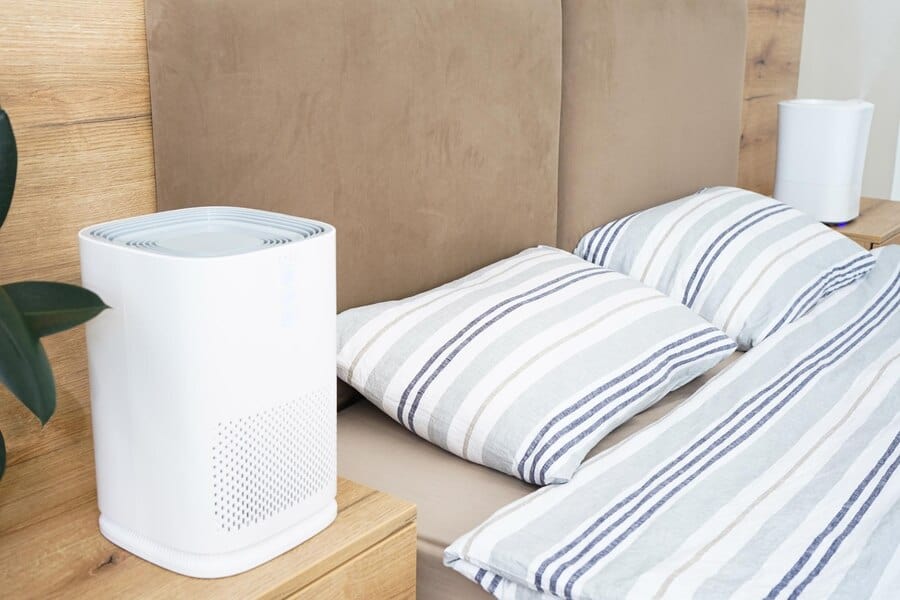 While foam mattress off-gassing can be a cause for concern, it is important to remember that not everyone will experience extreme reactions. By understanding the causes and taking precautions, you can still enjoy the benefits of a comfortable foam mattress without putting your health at risk. Be sure to research and choose reputable brands and always prioritize your health when it comes to selecting household items.
While foam mattress off-gassing can be a cause for concern, it is important to remember that not everyone will experience extreme reactions. By understanding the causes and taking precautions, you can still enjoy the benefits of a comfortable foam mattress without putting your health at risk. Be sure to research and choose reputable brands and always prioritize your health when it comes to selecting household items.




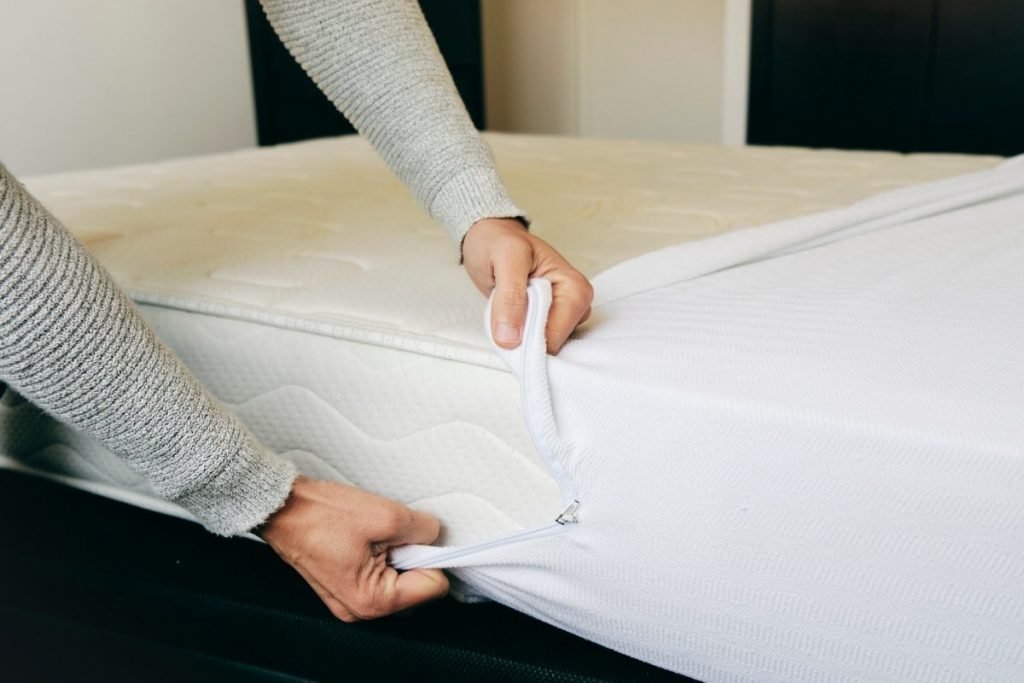


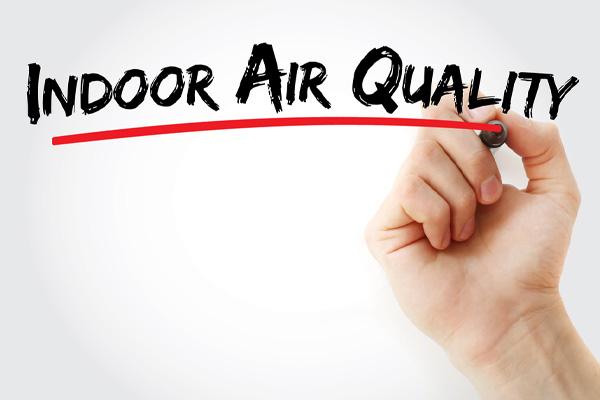




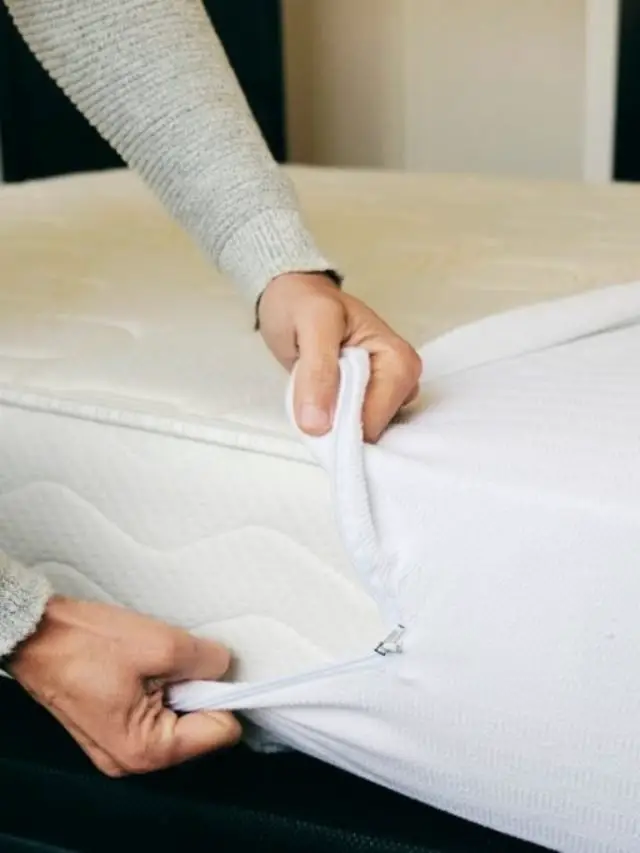
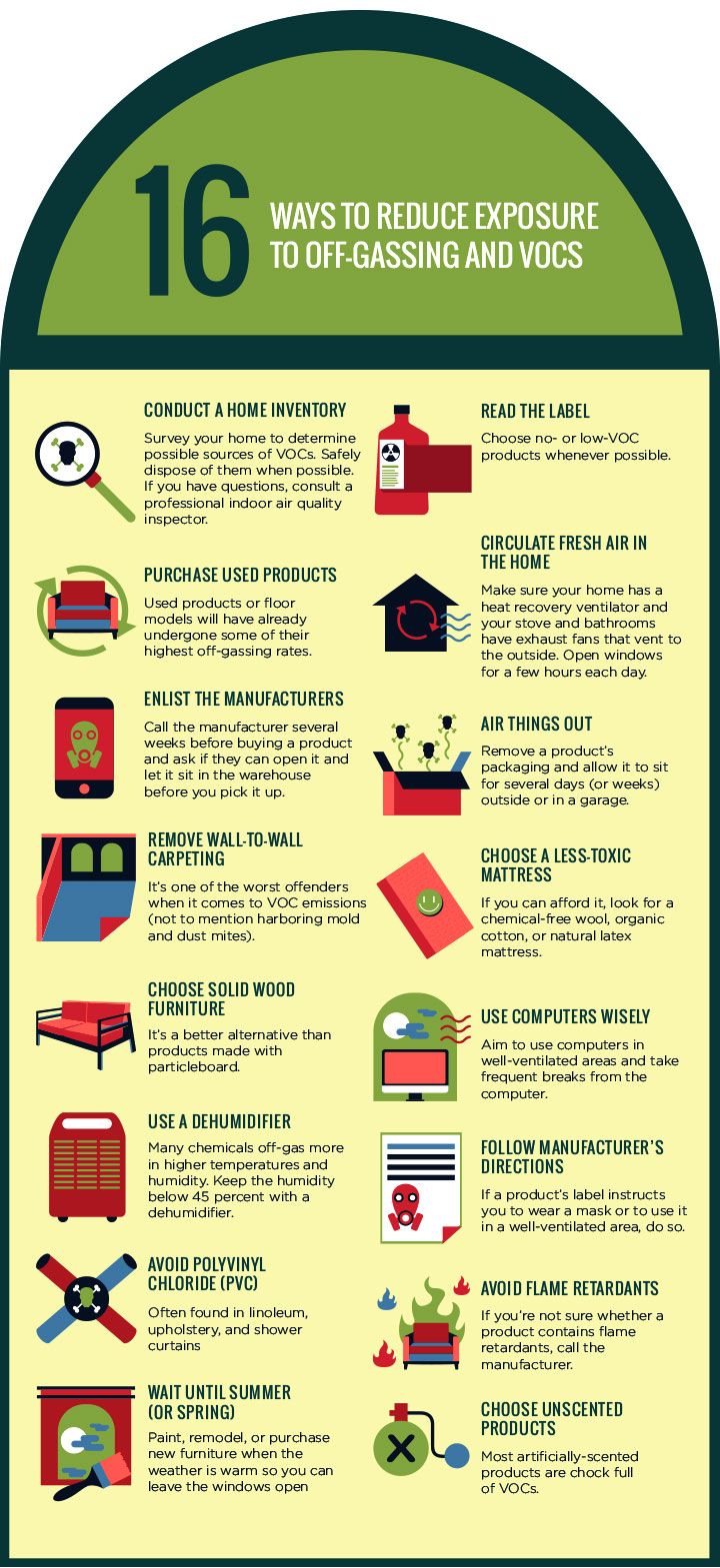

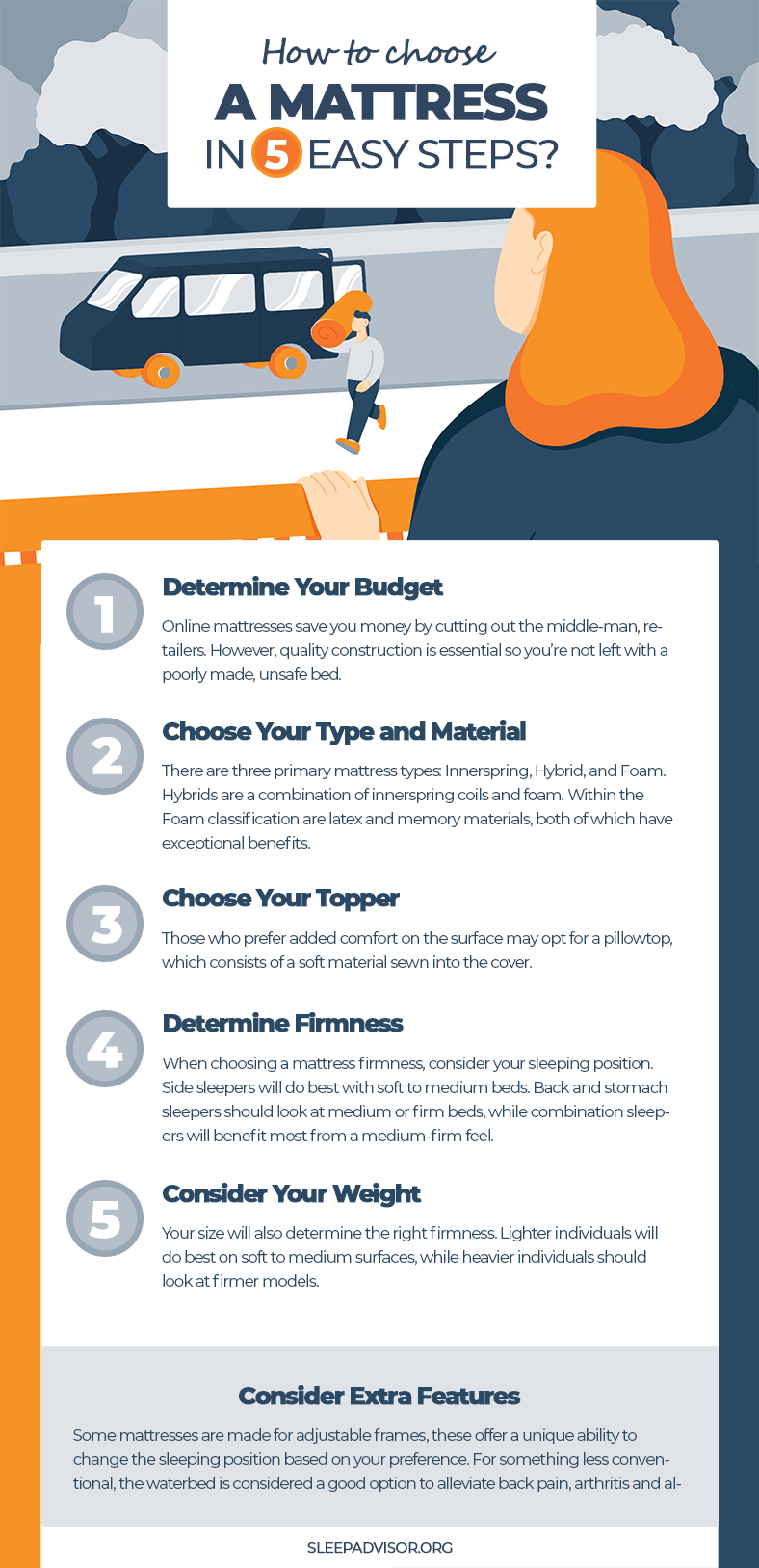

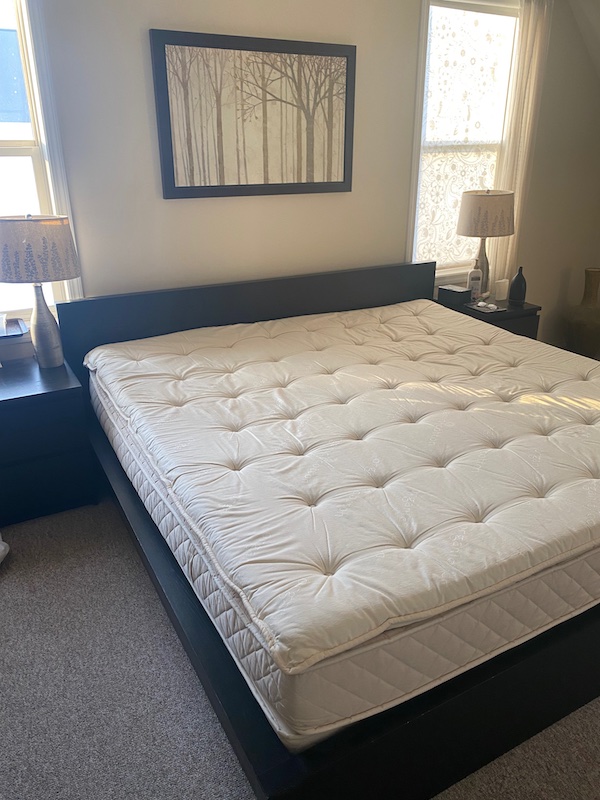


:max_bytes(150000):strip_icc()/GettyImages-622344276-65cb38ff167542d59a10d50ae3ccbe13.jpg)















